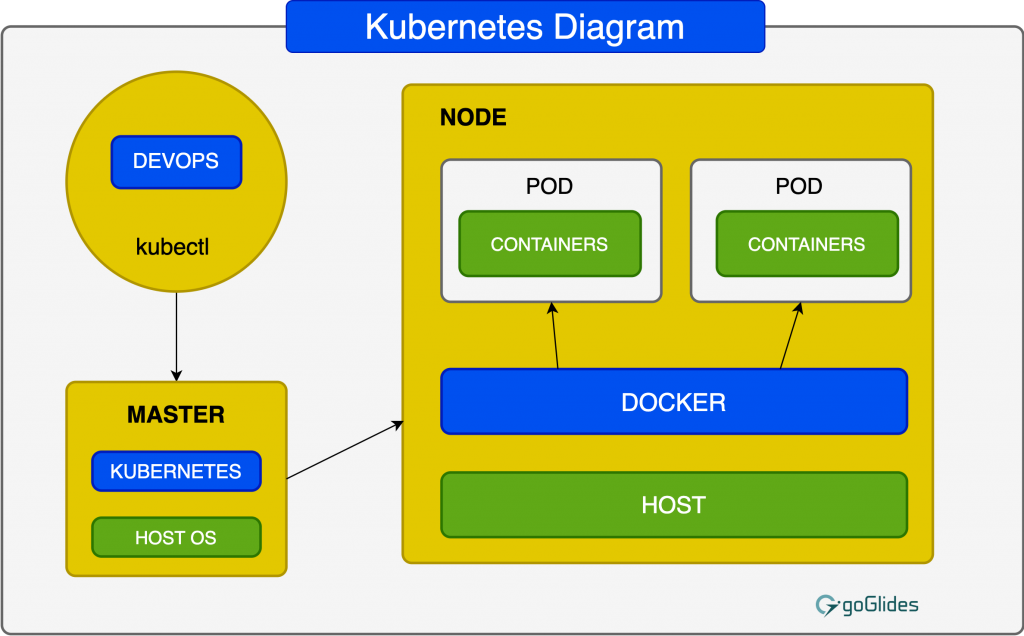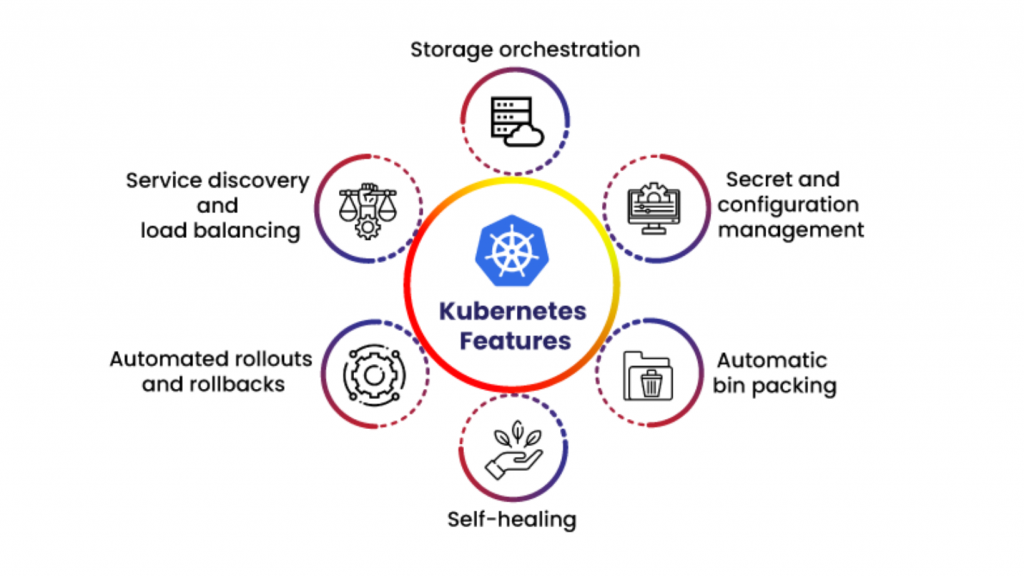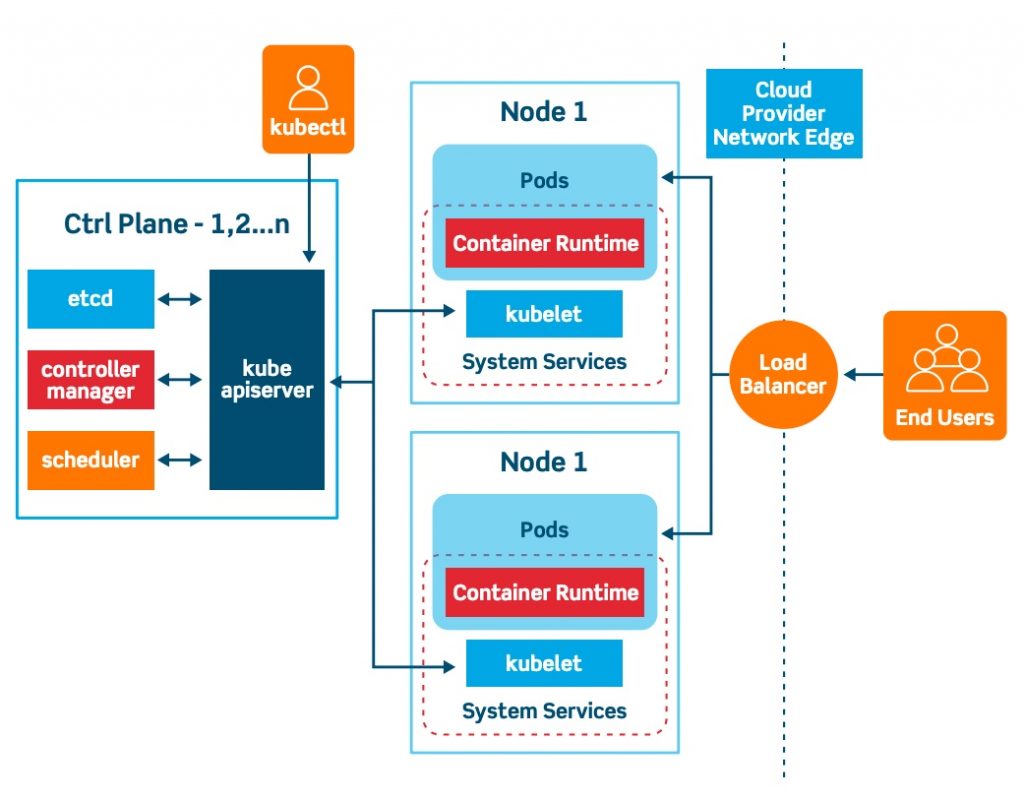Upgrade & Secure Your Future with DevOps, SRE, DevSecOps, MLOps!
We spend hours on Instagram and YouTube and waste money on coffee and fast food, but won’t spend 30 minutes a day learning skills to boost our careers.
Master in DevOps, SRE, DevSecOps & MLOps!
Learn from Guru Rajesh Kumar and double your salary in just one year.
So, What exactly is Kubernetes ???
Born in google and later donated to CNCF as an open source system, Kubernetes is an open-source container-orchestration system which is used for automating computer application deployment, scaling, and management.

Kubernetes a necessity ?
So why do we need kubernetes if we have docker and containers . Generally with many features attached with docker and containers there were some problems too that included scalability and some networking issues. Kubernetes has the solution for these problem like automating the scalability and solved the networking issue with the concept of POD .

Kubernetes Architecture
The kubernetes cluster consist of masters and nodes. The master and nodes are again sub divided into various coponents.
- Master-It is the kubernetes control plane which is divided into four components which are:- a. API Serever, b. Cluster Store(etcd) c.Controller d. Scheduler .These components have their respective functionality.
- Nodes- Nodes are the workers which take commands from the master . Node contains one or more pod and pod contains one or more containers. The node consist of components like Kubelet,Container engine and kube proxy.

How does Kubernetes work??
Kubernetes has components called master and nodes where master is responsible for controlling all the nodes. Master working mechanism is divided in to four components .The API server acts as the front end of the engine . All the data interacted through API Server are sent to cluster store to keep the records of it. Similarly the controller management unit act as a controller of different controllers . The scheduler help to schedule the time and work for the nodes.
Similarly the nodes has components like kubelet which is the main kuberenetes engine and initiates the pods. The container engine consists of Docker management which helps in managing the containers. The last component of nodes is kube proxy which assigns a particular ip to a pod and the containers under the pod share the same IP with different ports which also solve the networking problem of containers.